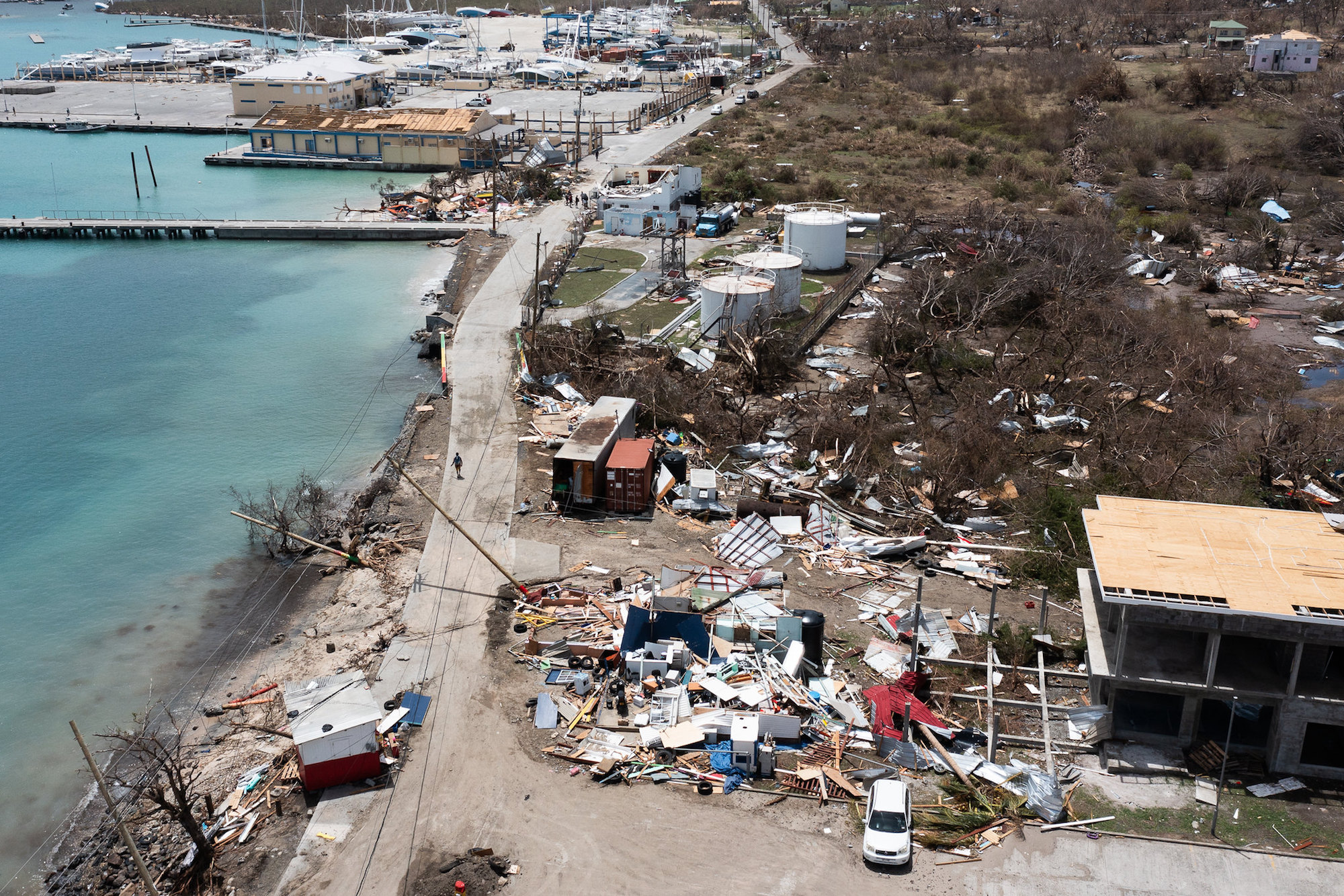Widespread Homelessness in Grenada and St Vincent and the Grenadines After Hurricane Beryl: Urgent International Assistance Needed

July 12, 2024
Grenada and St Vincent and the Grenadines face a housing crisis post-Hurricane Beryl. The UN's Regional Response Plan seeks $18 million to aid 43,000 affected individuals.
Grenada and St Vincent and the Grenadines are grappling with widespread homelessness after Hurricane Beryl, a Category 4 storm, devastated the eastern Caribbean last week. The prime ministers of both nations have made an urgent appeal for international assistance to address the crisis.
Prime Minister of Grenada Dickon Mitchell revealed the extent of the damage during an international media briefing to announce the launch of a Regional Response Plan (RRP) by the United Nations and its partners. The plan aims to raise at least $18 million ($10 million for Grenada and $8 million for St Vincent and the Grenadines) to assist approximately 43 000 people in urgent need of humanitarian aid.
Mitchell said: “In Grenada’s case, and I’m talking homeless here in a strictly narrow sense where the homes have been completely destroyed, we’re probably looking at at least 4 000 people. But there are people whose homes are significantly impacted. And I’m saying here where there’s no roof, for example, or where parts of it are destroyed. You would probably have to add another 4 000 to that number. So anywhere between 8 000 and 10 000 people, I won’t use the word homeless. But in a collective sense, you’re looking at a minimum of at least 10 000 people who’ve had significant damage to their homes.”
The situation is particularly dire on Grenada’s sister islands of Carriacou and Petit Martinique, which bore the brunt of the storm. Mitchell emphasised: “We are going to have to feed the population of Carriacou and Petit Martinique for the next six months. There is no economy. The pictures don’t tell you the words. If you go on the island, there is absolutely no vegetation. Everything has been destroyed.”
The devastation is widespread, with the northern part of Grenada and the sister islands experiencing near-total destruction. Mitchell described the scale of the damage: “Ninety per cent of all buildings on these islands were destroyed. Homes, schools, commercial buildings, shops, the airport, port facilities, marinas, gas stations, hospitals, health centres, and community centres. The road infrastructure, the shoreline, the coastline.”
Economic sectors have been hard hit, with agricultural and fishing communities suffering massive losses. Mitchell added: “The boats, the engines, and the fishing equipment were all destroyed. Livestock have been badly affected, and many animals have died. The agricultural sector, the fishing sector, the marine industry, businesses, and tourism were all badly devastated by Hurricane Beryl.”
In St Vincent and the Grenadines, the situation is equally severe. Prime Minister Ralph Gonsalves provided a sobering estimate of the homelessness situation: “In St Vincent and the Grenadines, the persons who would be homeless in households… in about 3 500 households… you’re going to have to multiply that by three. You begin to get the numbers, which would be homeless. They’re in shelters, in other people’s homes, or, in some cases, under the stars, as on Union Island.”
Gonsalves also highlighted the extensive damage across the archipelago: “In the archipelago of 32 islands in St Vincent and the Grenadines, nine of which are inhabited, five of the southernmost islands are devastated. That is to say, Canouan, Mayreau, Union Island, and the resort islands of Petit St Vincent and Palm Island. And further to the north, the main island of the Grenadines, Bequia, did not see the same devastation as in the south but saw extraordinary damage and loss. Similarly, on the main island of St Vincent, there was also significant damage and loss.”
Both prime ministers emphasised that the immediate needs are clear: food, water, shelter, hygiene kits, and sanitary kits. They noted that the challenge now was to provide these essentials and begin the long process of rebuilding the communities devastated by Beryl.
The RRP, which seeks to address the urgent needs of some 24 000 people in Grenada and 19 000 in St Vincent and the Grenadines, is based on preliminary estimates and funding projections, which will be reassessed in the short term. However, exact numbers remain a challenge, as assessments are ongoing amid damage to logistics, power, and communications services, as well as power cuts. (RG)


